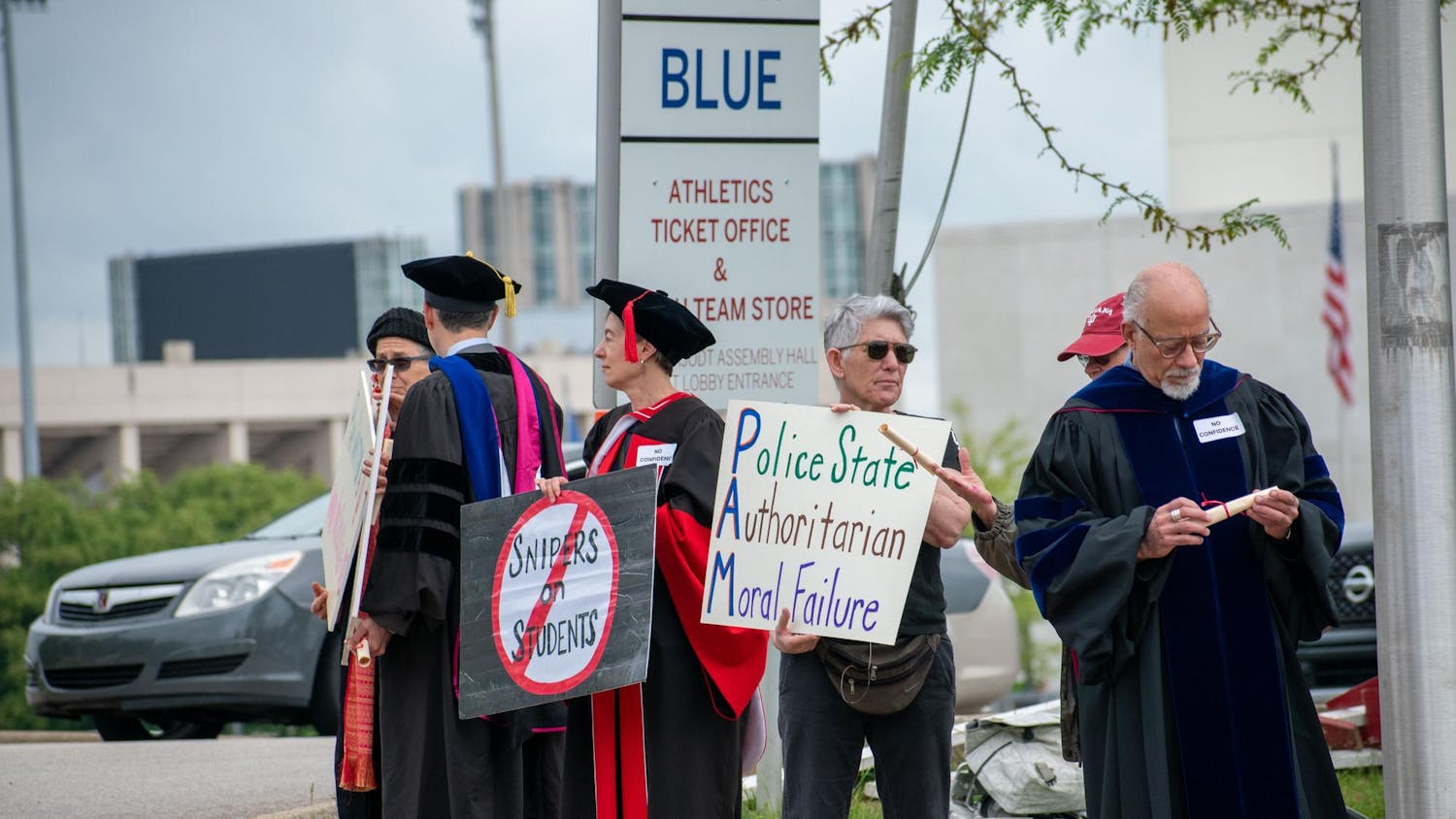As the legislative session drew to a close Thursday, Indiana appeared to have avoided the worst aspects of some 2016 bills, said Hoosier Environmental Council Executive Director Jesse Kharbanda.
House Bill 1082 and Senate Bill 366, which the HEC vehemently opposed in their original forms, have both been amended to forms the council may not approve of, but can live with, Kharbanda said.
“Quality of life has really become an issue that a number of voices in our community have come to rally around,” Kharbanda said. “The irony of this session is that several bills would have undermined the quality of life in our state.”
HB 1082 would have restricted the Indiana Department of Environmental Management’s ability to pass any rule or regulation that would be “more stringent than” federal regulations.
The HEC said the bill in its original form could have rendered IDEM unable to quickly and thoroughly respond to environmental crises.
Kharbanda said the final version of the bill imposes an unnecessary burden on environmental regulators.
The new text requires IDEM to present new regulations annually to the Indiana legislature.
The bill could delay the implementation of new regulations until the end of each year’s legislative session, which Kharbanda said is unwarranted. Any regulation introduced to the Indiana General Assembly will already have been thoroughly vetted by experts in the state agencies.
Kharbanda said it’s more appropriate to ask scientists, geologists or engineers to work out policy details than to undermine years and years of discretion by IDEM.
HB 1082 was briefly amended in the Senate Environmental Committee to a form the HEC approved. However, the council continued to watch the legislation as the two versions of the bill were resolved and no longer support the final product.
“We have been continuously monitoring the possibility for more stringent-than language to reappear, but as it appears now, it doesn’t seem likely,” Kharbanda said. “That would mark this a very substantial victory for the public interest community.”
Senate Bill 366, which concerns dissolving solid waste management districts, underwent a similar process.
The HEC argues that when debris occurs from natural disasters and other events solid waste management districts protect the cleanliness of the air and water.
The final version of this bill addressed most of the council’s concerns about making the dissolution process easier, Kharbanda said, as communities must now go through a longer process before they decide to get rid of a district.
“We think it’s really good environmental decision because such a decision shouldn’t be made lightly,” Kharbanda said. “Having a good, clear structure in place ensures that the decision will be a prudent one.”
However, three more bills that Kharbanda said pose threats to Indiana’s environment and quality of life rest in the hands of Gov. Mike Pence.
House Bills 1053 and 1386 concern use of packaging materials, including plastic bags, and the ability to provide state parks with alcohol licenses without a local board’s approval.
Senate Bill 109 regards wild animal hunting in preserves, which Kharbanda said carries the risk of breeding disease and spreading it to uncontained populations.
Kharbanda said Pence will have several more days to decide whether or not to veto the bills.
The HEC is urging Pence to kill the legislation directly and through its supporters.
“I hope there’s some soul-searching on the part of legislators,” Kharbanda said.





